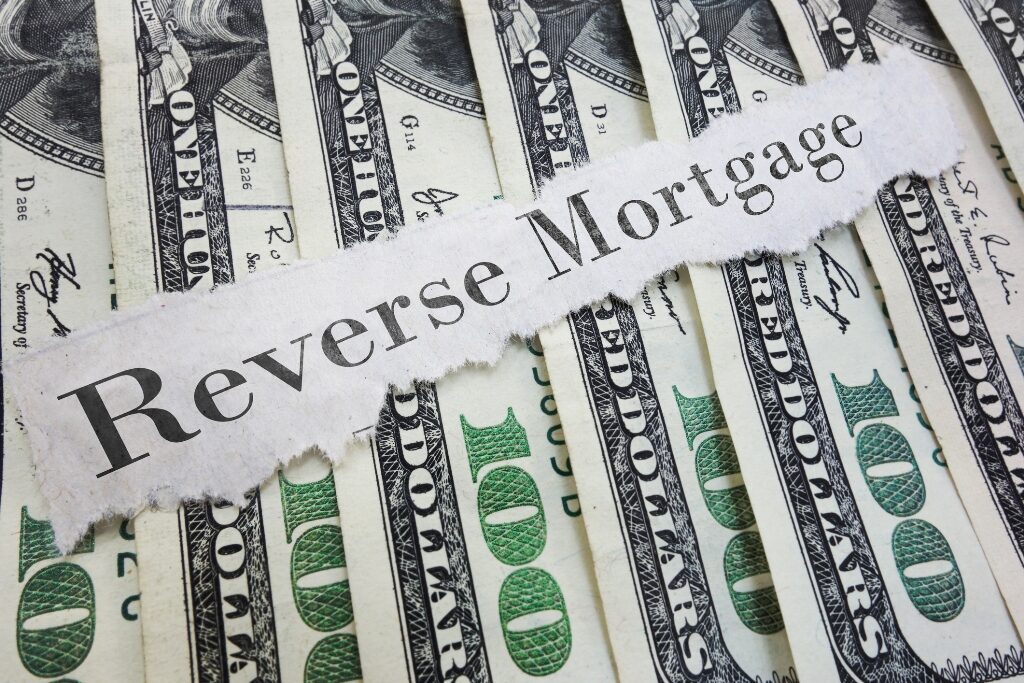Reserve mortgages have a very bad reputation among the old generation. The main reason behind such a repo is misleading and incomplete information about reverse mortgages. This article is going to help you to bust the myths that reverse mortgages are bad.
Reverse mortgages when handled with caution, could be a source of monthly income for people aged more than 62 and above by converting the value of their home equity. Let us as money experts allow you to see how you can start with what is a reverse mortgage.
Reverse Mortgage
A reverse mortgage is a kind of loan that a person 62 or older can get against their home equity in a lump sum or monthly installments.
How it works?
In this settlement, the bank makes your payment and you don’t have to pay anything to them. A person would only pay the interest that is deducted from the loan balance so the lender does not pay anything
Let us discuss the questions that spread bad reputations and bust the myths surrounding reverse mortgages:
Question No 1. After a reverse mortgage, your home no longer remains yours.
The answer to this question is a straight, No! There is not even a little bit of risk of foreclosure of the lender if you keep on paying the insurance premium, property tax, and other expenses that a normal homeowner pays. Conversely, if you fail to pay these obligations, you are increasing the risk of your home foreclosure by the lender.
Question No 2. After your (reverse mortgage holder) death your spouse becomes homeless?
No! To avoid uncertainties in such a situation, you must add your spouse as a co-borrower in your reverse mortgage settlement. Nonetheless, even if your spouse is not a co-borrower, he/she can still live in that house if
- Were married to the borrower
- Mortgage documents show that he/she was married to you
- Live in that home
- They have legal proof to live on the property
- Continue paying the obligations such as property tax, insurance premium, and fees of home ownership.
Question No 3. Your kids are burdened after your death?
If you have paid the loan during your life, there would be a burden on your kids. Moreover, if there are some arrears on you, then your kids or any legal heir can pay the amount to the lender. If they are unable to pay that sum, then they have the option to sell the home or pay the loan or 95% of the appraising value of your house; whichever is less.
Question No. 4: are they safe?
For years, fraud money lenders and scammers have used reverse mortgages to loot elderly people. Then, the federal government saw the situation and passed the laws to make reverse mortgages more secure and safe.
Today most of the lenders use the HECMs or home equity conversion mortgages that are secure and insured by the FHA (Federal Housing Administration). So, the answer to this question is that if you understand it completely and pay your obligation continuously, reverse mortgages are safe.
Spencer K. Nolen is a content creator and freelance writer for finance websites – Besides writing, he also does book reviews. Her favorite genre is whodunit and medical thrillers.






